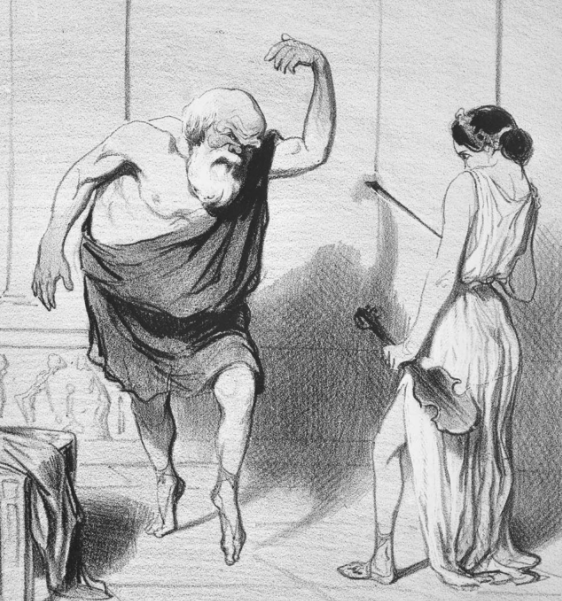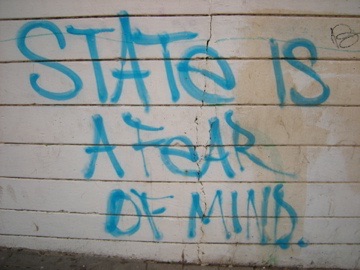What is anything really worth? Numbers flash across our screens. But real value remains elusive.
A new round of COVID relief is coming to individuals making less than $75,000. Some argue this is too generous. Others say it is not enough. Meanwhile, Wall Street valuations baffle and confuse. GameStop has bounced around. Bitcoin’s total market value surpassed $1 trillion this week. But Bitcoin is an enigma, seemingly built on the thin air of cyberspace.
What is the intrinsic value of things? Value is often measured in terms of labor. But labor is not all equal. How much is a man — or a mayor — worth? We learned recently that the mayor of Fresno makes over $400,000 a year when his salary is combined with his retirement income. Is that enough or too much? And how about the minimum wage, should it be $15/hour? Some talk about a living wage. But there is a difference between merely living and living well.
Americans are free to earn what the market will pay. Value is a matter of exchange. It is whatever buyers are willing to pay sellers. But exchange value gets weird, as Bitcoin and GameStop show.
Perhaps value should be cashed out in usefulness. Food is essential to life. So, the use-value of an apple or a loaf of bread appears grounded in reality. But why does a pound of apples or a loaf of bread cost about the same as a fancy cup of coffee?
We disagree about what is essential. Our judgments about necessity are colored by other values. Pricing is about hopes and dreams as much as it is about supply and demand.
Economic reflection leads to more fundamental questions about the meaning of life. Simple folk could live well on modest pay. Some folks may be content with $15/hour. But most of us want apple pie instead of apples.
Capitalist culture inflates our aspirations. We are not content with what we have. We compare our wages and piles of goods with those of others. This is not the inevitable reality of economics. It is a matter of ethics and worldview.
Once we see this, value looks even more arbitrary and capricious. Lines are drawn. But those lines are not fixed by nature. They involve perspective. If you make $76,000/year, you might resent the COVID cutoff. The mayor’s $400,000 seems like a lot of money. But in San Francisco that won’t buy a bungalow. And while $15/hour may seem generous for a teenager living with his parents, it is not enough for a single mom.
The circumstances matter, as do our expectations. The whole system hovers on hope. It is leavened by bubbles. A pandemic can pop these balloons. A credit crunch can cause a crash.
Economic value reflects a complicated social process. Bitcoin and GameStop show us that valuations can be manipulated. Momentum matters, as does peer pressure, the bandwagon effect, and the fear of missing out. People game the system. Buyers want bargains. Sellers want profits. Real value remains hidden.
Markets are not as rational as we might hope. Adam Smith suggested that an “invisible hand” guides this process. But the market is more like an invisible casino, a game of chance that is neither rational nor benevolent.
It is good to step back and ask bigger questions when thinking about the economy. Economics should not be untethered from ethics. Fairness and equality remain primary concerns. Poverty stands as an accusation against wealth. There is a fundamental flaw in a system where some people own more than one home, while others are homeless.
Most ethical traditions teach that envy and greed are vices. These vices leave us feeling incomplete. They count what we do not have. Envy and greed prevent us from enjoying the presence of simple goods that are near at hand.
Socrates said that virtue cannot be purchased. The best things have no cash value. Friendship alone can buy friendship, as Emerson said. The Beatles said that money can’t buy love. And integrity is the price for peace of mind.
Let’s keep these perennial insights in mind when thinking about economic issues. Happiness and wisdom are not for sale. They are earned and enjoyed in a sphere of value beyond the market.



